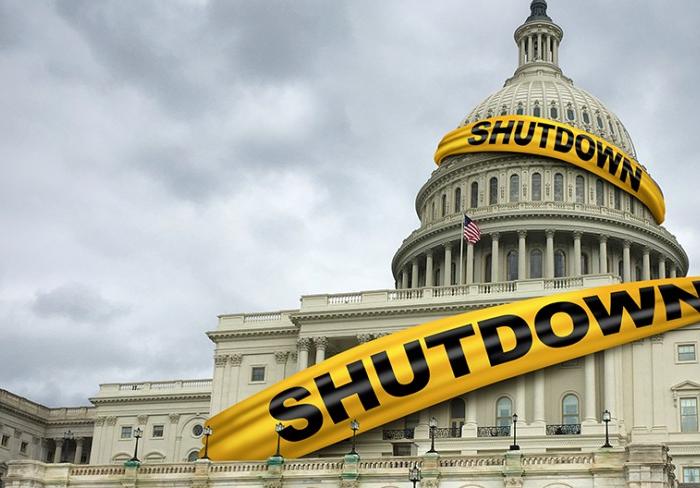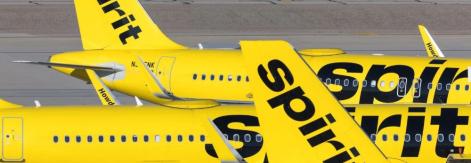The Caribbean has emerged as an attractive market for struggling United States airlines and more recent upstarts – the low cost carriers.
With the global aviation industry facing the most turbulent period ever, leading US airlines have been steadily expanding service to the region, seeking to capitalize on relatively high volumes of leisure and VFR traffic (visiting friends and relatives) in and out of the Caribbean.
The government and the private sector in the Dominican Republic are planning to pour over $36 million into the advance of tourism in the Samana area, some 200 miles northwest of Santo Domingo, in a project that will also cover the zones of Las Galeras and Las Terrenas.
The tourist project is part of a much bigger $275 million program that will home in on the building and streamlining of all infrastructure in the country´s premier travel destinations. The whole plan is expected to come to an end in the summer of 2007.
Brazilian airline VARIG, marred in financial dire straits for quite some time, is eying the recently enacted Bankruptcy Act, that was signed into law by President Luiz Inacio Lula da Silva last week, as the lifeline that could pull the company out of heavy indebtedness.
With a $1.8 billion debt in tow –most of the money is owed to public companies- VARIG has been scrambling for over two years now to work its way out of a crisis that has dragged the carrier to the brink of complete shutdown time and again.
In an effort to advance the local tourist sector, the Puerto Rico Tourism Development Fund (TDF), an entity subsidized by the Government Development Bank (BGF), has already granted $119 million worth of loans and direct financing packages.
Projects bankrolled with this money will add 560 new hotel rooms. This piece of information is contained in the BFG Annual Report due out this month and expected to be dished out among members of corporate Puerto Rico and local authorities.
Fifteen leading airline, business and labor groups has urged the US Congress to reject a federal budget proposal by President Bush that could double aviation security taxes, costing travelers and U.S.
carriers $1.5 billion.
The groups assert the new security tax will kill jobs, economic growth and jeopardize local air service to small- and medium-size communities.
It´s been nearly a month since wicked weather conditions battered the Caribbean-bathed coast of Costa Rica, and now local residents and entrepreneurs are increasingly worried about poor numbers of foreign tourists visiting the region.
Hotel occupancy here is usually in the neighborhood of 90 percent during the first three months of every year. However, heavy rainfalls pushed that average down to barely 40 percent, putting 12,700 jobs in harm´s way.










